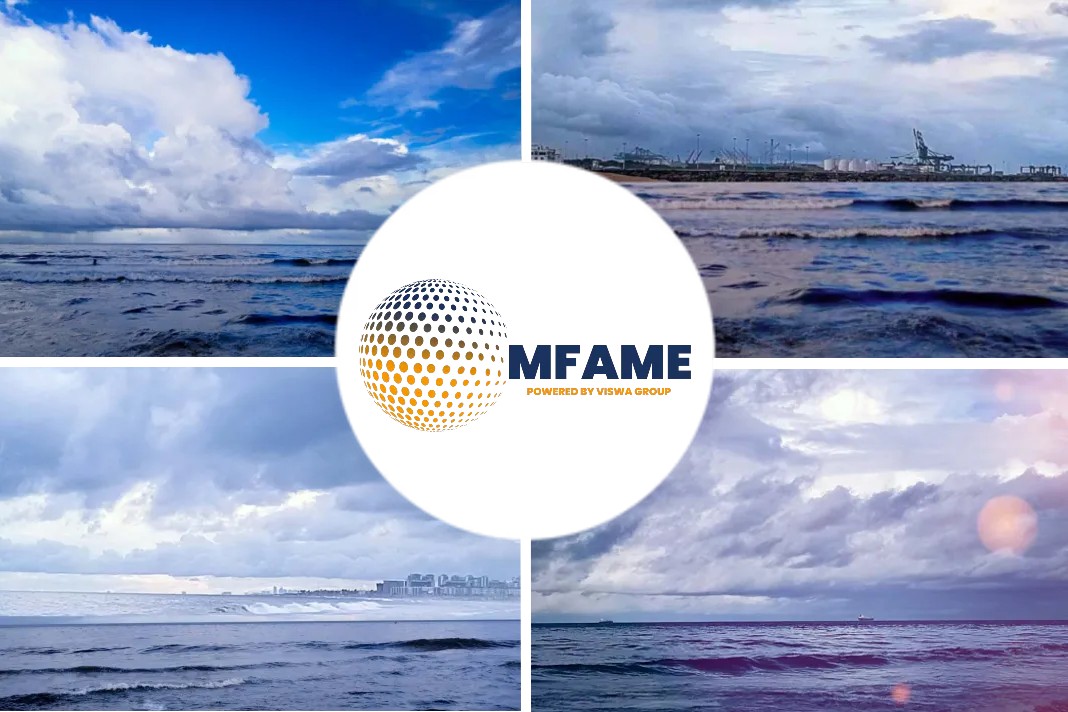- Possibility of zero VLCC fleet growth in 2018 reported by Frontline.
- 64 Frontline VLCCs scheduled for delivery in 2019.
- The 2018 VLCC order book of Frontline equating to 14.5% of global VLCC fleet.
- Frontline to order scrubbers for 12 vessels from Feen Marine Scrubbers this November.
Norwegian independent tanker operator Frontline said on November 16th 2018, that the worst for the tanker sector was over, adding it was well positioned for any rebound in the market, reported an article published in S&P Global Platts.
Frontline said in its third-quarter results that the most important factor behind its bullish stance was that demand for oil remained strong. Frontline, which has one of the world’s largest fleets of VLCC and Suezmax tankers, said that persistent negative market drivers have subsided over the course of 2018. It said that while demand for crude oil had remained strong throughout the year, inventories falling below the five-year average because of drawdowns was reducing demand for tankers.
“Tanker markets are beginning to rebalance following 18 months of extremely challenging conditions, and we are optimistic that the market has now exited the cycle trough,” CEO Robert Hvide Macleod said. “Oil inventory draws, fleet growth and production cuts have been against us, but these important factors are now turning in our favor,” he added.
Frontline, controlled by Norwegian shipping billionaire John Fredriksen, said it had actively positioned its fleet to participate in the market upturn. The company said it had a large fleet of modern and fuel-efficient vessels, with an average age of 4.1 years and that their cash break-even levels were among the most competitive in the industry.
Frontline said that at the start of 2018, the global crude oil tanker fleet was expected to grow by 8.3%, with 57 VLCCs scheduled for delivery. So far in 2018, 36 VLCCs had been delivered, compared with the 35 VLCCs that were reported recycled in the year to date.
The company said that consistent high scrap prices, combined with a very weak freight market, had driven recycling to a near record pace. “We expect that the net effect will be virtually zero VLCC fleet growth in 2018,” it said. “We also expect vessel recycling to continue in 2019, despite the stronger spot market, but at a slower pace than seen in 2018.”
Frontline said 64 VLCCs are scheduled for delivery in 2019, and the current VLCC order book equates to around 14.5% of the global VLCC fleet. It said this seemingly large figure was counterbalanced by approximately 20% of the existing global VLCC fleet which is over 15 years old.
In November Frontline agreed to order exhaust gas cleaning systems, or scrubbers, for a further 12 vessels from Feen Marine Scrubbers. That was in the wake of the company’s previously announced commitment to order six systems with additional fixed price options from FMSI and its acquisition of a 20% ownership stake in FMSI in June 2018. The move is to comply with a cut in the maximum sulfur content in marine fuel required by the International Maritime Organization to 0.5% in 2020 from 3.5%. In total, Frontline has thus far committed to installing 20 devices, including two being installed on the company’s two VLCC new buildings.
“We expect that our positioning for IMO 2020, with our equity investment in FMSI and the planned installation of scrubbers on a number of our vessels, will result in a significant increase in cash generation should our market view unfold,” Macleod said in a statement.
Did you subscribe for our daily newsletter?
It’s Free! Click here to Subscribe!
Source: Meridian Brokerage Inc


























